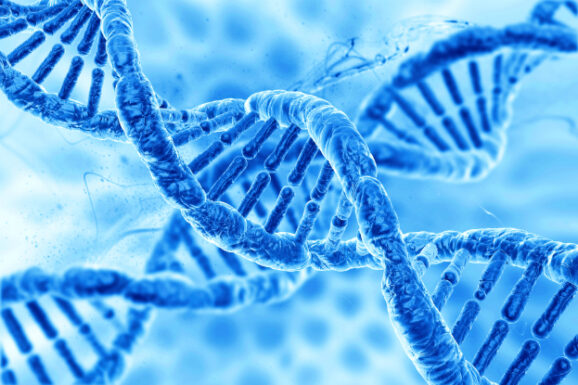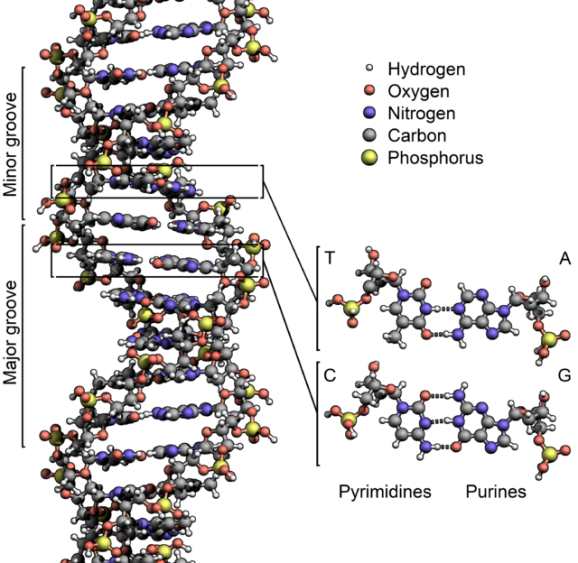Most Of Our DNA Might Not Do Anything At All, Here’s Why
This article is more than 2 years old
 You probably learned, as I did, that who and what we are as humans and as individuals depends on our DNA. I remember back in school being more interested in the double helix shape than about what DNA actually does, but I was young and foolish, and now I know better. DNA is pretty darn important…or at least, I thought I knew that. A controversial new study from the University of Oxford Wellcome Trust Centre indicates that perhaps as little as 8.2% of our DNA actually does something important.
You probably learned, as I did, that who and what we are as humans and as individuals depends on our DNA. I remember back in school being more interested in the double helix shape than about what DNA actually does, but I was young and foolish, and now I know better. DNA is pretty darn important…or at least, I thought I knew that. A controversial new study from the University of Oxford Wellcome Trust Centre indicates that perhaps as little as 8.2% of our DNA actually does something important.
Scientists have long known about “junk DNA,” thought to do nothing more than take up space. Even though scientists generally believed that this was really just clutter, many thought it still had to do something, even if we didn’t yet know what it was. One recent theory is that it might explain why humans still have an old Neanderthal virus kicking around in their genes.
 Pivotal research was conducted a couple years ago by a team from the Encyclopedia of DNA Elements (ENCODE), which found that junk DNA might help control genetic activity, which can ultimately affect your health. The study concluded that roughly 80% of human DNA is functional on a biochemical level. But “biochemical” can mean a lot of things, and some scientists were skeptical of the findings—biochemical activity doesn’t necessarily indicate functionality. That’s what led Oxford researchers to try and deduce the actually impact DNA has on the body.
Pivotal research was conducted a couple years ago by a team from the Encyclopedia of DNA Elements (ENCODE), which found that junk DNA might help control genetic activity, which can ultimately affect your health. The study concluded that roughly 80% of human DNA is functional on a biochemical level. But “biochemical” can mean a lot of things, and some scientists were skeptical of the findings—biochemical activity doesn’t necessarily indicate functionality. That’s what led Oxford researchers to try and deduce the actually impact DNA has on the body.
The researchers compared DNA from mice, rabbits, horses, and other mammals to see what sequences have been around for a long time—upwards of 100 million years. They believed that if the process of evolution didn’t eliminate those, they were pretty important. The scientists identified patterns of additions and deletions, which generally occur randomly unless natural selection’s at work. Ultimately, they published their conclusions in PLOS Genetics: that roughly 8.2% of the human genome has a function.
However, the researchers “cannot tell where every bit of the 8.2% of function DNA is in our genomes,” but they believe that while this small amount all carries out a function, those functions may not be equally important. They believe that a little more than 1% of human DNA involves proteins that perform the body’s most important biological processes. They think the other 7% regulate those genes by switching them on and off. As for the rest, they think it’s no more than evolutionary clutter, like all the crap I have in my basement.












